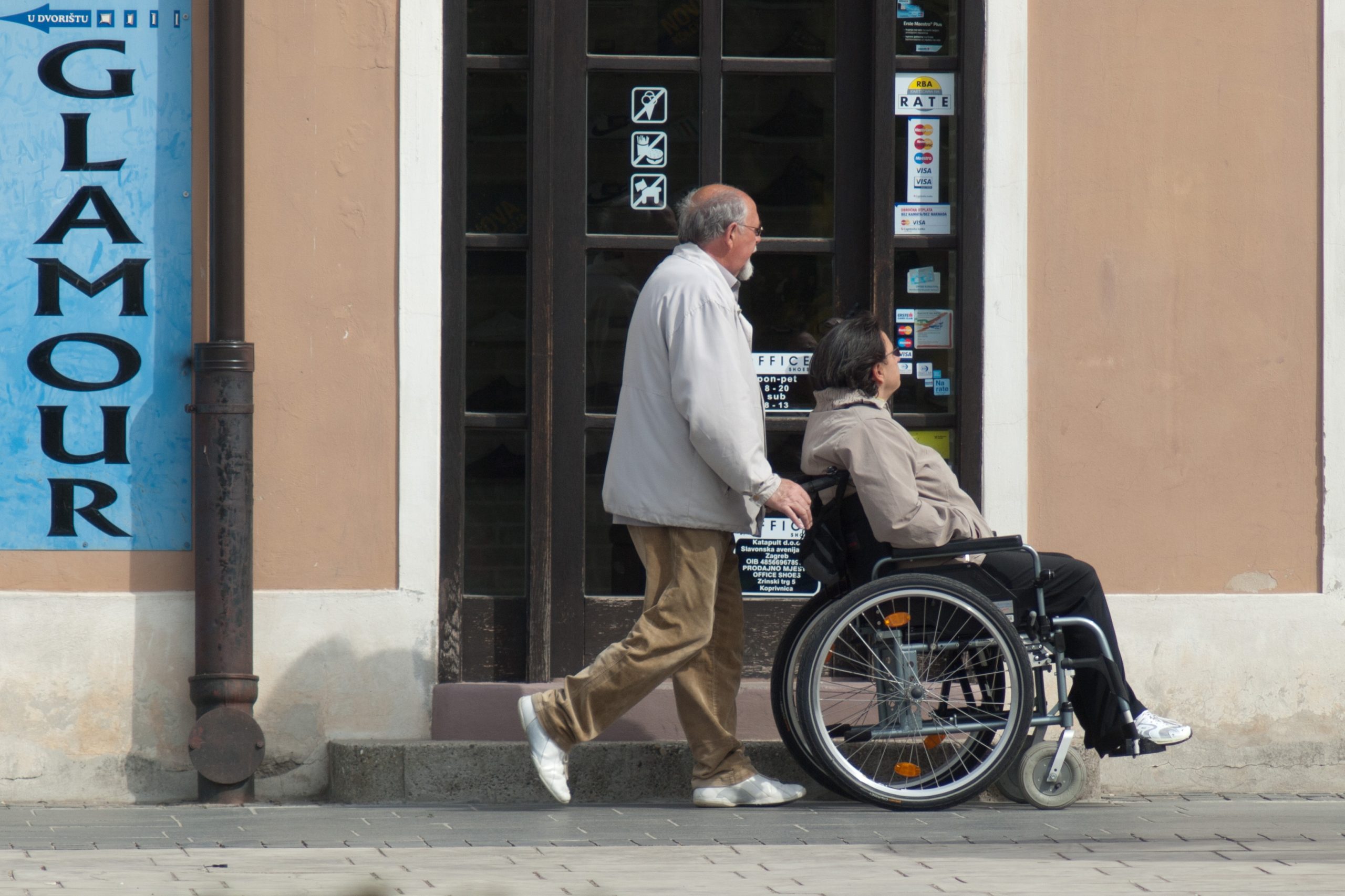 Most adults fear the day that they will need to rely on the care of another to function. Unfortunately, the rampant negligence and mistreatment only exasperate this fear throughout the nursing home and hospice industry. Small mistakes by caregivers are normal and almost expected, yet, Shirley Marzell faced severe injuries after her caregivers improperly secured her to a wheelchair lift.
Most adults fear the day that they will need to rely on the care of another to function. Unfortunately, the rampant negligence and mistreatment only exasperate this fear throughout the nursing home and hospice industry. Small mistakes by caregivers are normal and almost expected, yet, Shirley Marzell faced severe injuries after her caregivers improperly secured her to a wheelchair lift.
Marzell was a resident at Charlyn Rehabilitation Center in Tallulah, Louisiana, at the time of her accident. In 2010, Marzell was loaded onto a wheelchair lift for the lift van operated by Charlyn. During this process, Marzell and her wheelchair rolled off the platform. This mistake caused Marzell to strike her head on the pavement, causing severe injuries. This case reached the Second Circuit Court of Appeals after Marzell and her daughters appealed the summary judgment ruling of the trial court.
During the trial, the Marzells argued that Charlyn’s insurance carrier should pay for Shirley’s injuries. The insurance policy held by Charlyn, however, included an automobile exclusion. This provision shielded the insurance company from liability whenever Charlyn owned or operated an automobile. Operation was defined to include “loading and unloading”. The summary judgment ruling made by the trial court hinged on whether or not “loading or unloading” encompassed the loading of human cargo. The trial court held that it did, dismissing the case in favor of Charlyn and their insurance company.
Due to the exclusion, Marzells argued the care rendered by Charlyn was negligent, constituting medical malpractice. After hearing arguments, the trial court applied the “substantial factor” and “flow from use” test laid out in Carter v. City Parish Gov’t of E. Baton Rouge, 423 So. 2d 1080 (La. 1982) and Edwards v. Horstman, 96-1403 (La. 1997), 687 So. 2d 1007. The Court utilizes these tests in cases of claimed negligent supervision or entrustment to absolve homeowners or insurance carriers of liability. Ultimately, the trial court held that loading or unloading a patient into the van was a “common and essential element in each theory of liability,” constituting “use” of the automobile.
On appeal to the Second Circuit, the Marzells maintained their position that Charlyn was negligent, constituting malpractice. The Marzells also urged, as a matter of public policy, the court should read insurance policies to extend coverage rather than deny it. Unfortunately, the Second Circuit continued to maintain the loading of Shirley into the van via the wheelchair lift was normal use of the automobile. Since the accident arose out of automobile use and the Marzells introduced no summary judgment evidence, the Second Circuit ruled in favor of Charlyn, dismissing the case.
Finding an excellent elderly caregiver is never easy and requires lots of trial and error. If you or your loved one ends up injured through trial and error, you should contact an attorney immediately. Quick action could be the difference between a favorable verdict or dismissal of your case.
Written by Berniard Law Firm Writer Riley Calouette
Additional Berniard Law Firm Article on Wheelchair Accidents: Passenger Injured on St. Bernard Urban Rapid Transit Bus in His Wheelchair Seeks Increased Award from Louisiana Appeals Court
 Insurance Dispute Lawyer Blog
Insurance Dispute Lawyer Blog

